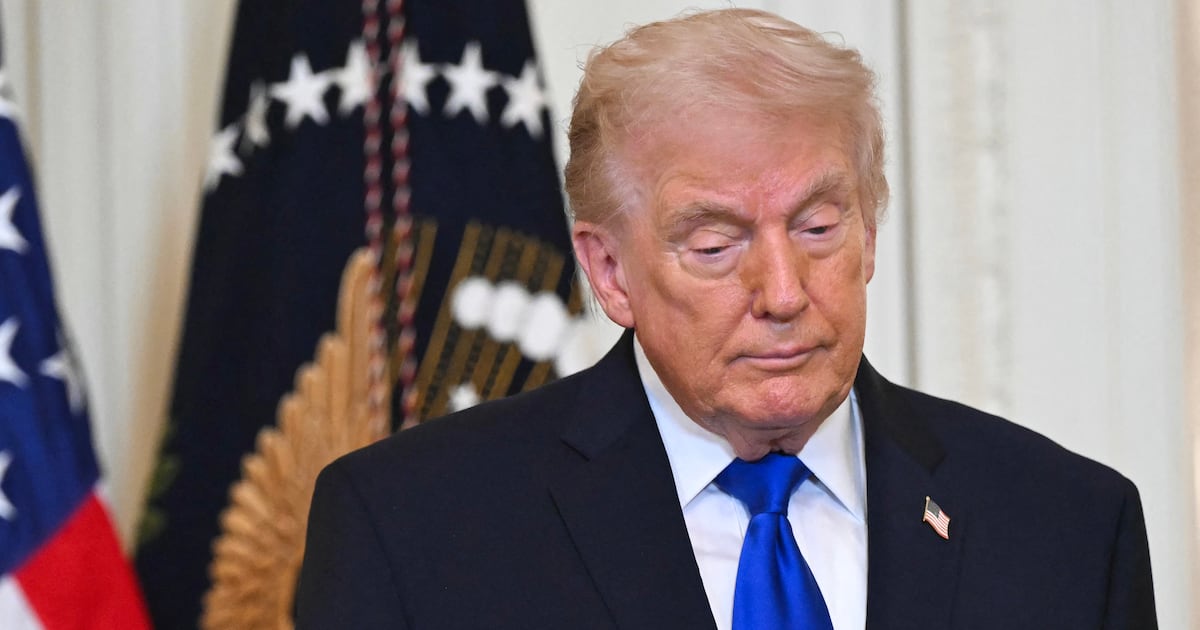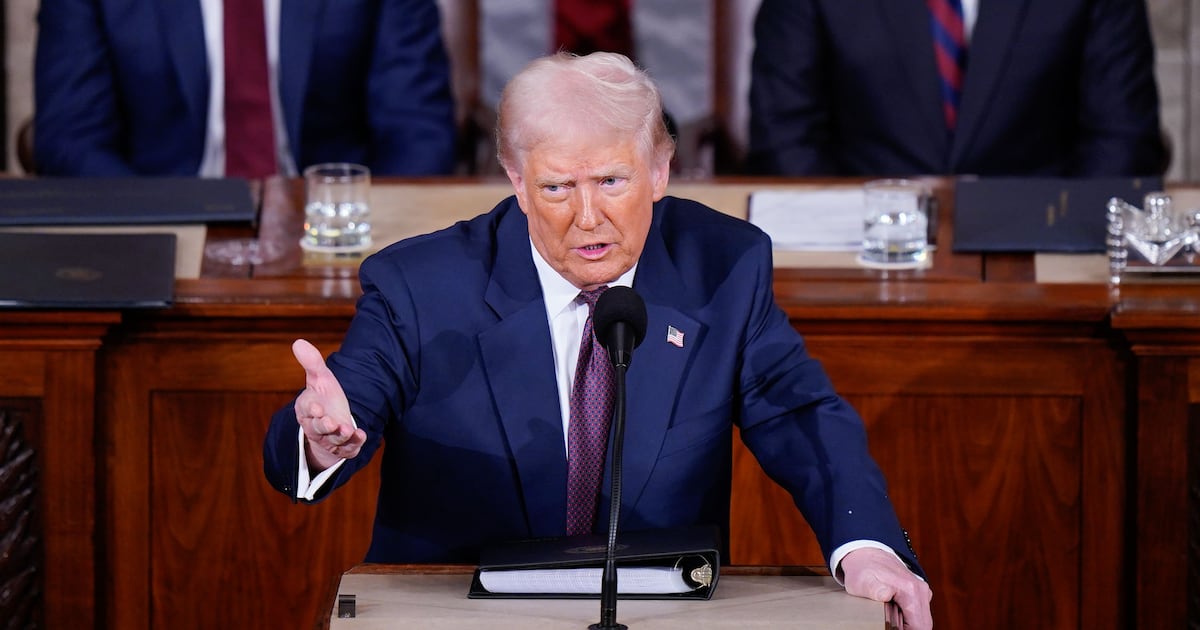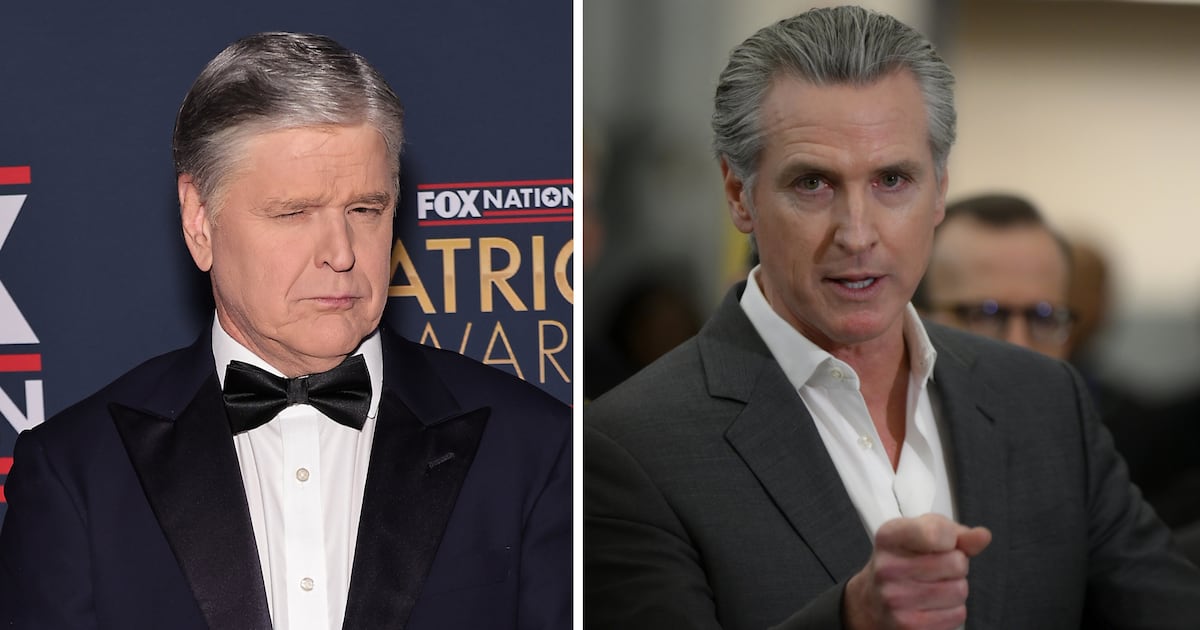Elizabeth says she’s a no. Bernie is a fighter, but he is also, you know, Bernie. O’Malley doesn’t excite, Webb used to be a Republican, and Hillary is, well, a Clinton.
The 2016 presidential primaries are fast approaching. What is a good progressive to do?
At a moment when a handful of issues that liberal activists have campaigned on for years, from raising the minimum wage to the growth of corporate power to climate change to criminal justice reform, are entering the mainstream debate—even within the Republican Party—progressives are facing the prospect of being rendered voiceless just as the nation is tuning in to the 2016 presidential primary.
“What progressives are saying is, how are we going to get people out of bed to vote if we don’t stand up on the issues that people care about,” said Ed Ott, a longtime New York labor leader and a professor of labor studies at the City University of New York. “There is a lot of anger at the Democratic Party. People want to know where they stand.”
This strange moment for progressives was crystallized over the weekend when the liberal Working Families Party, which is based in Clinton’s home state of New York and which backed her in both of her Senate runs, decided to join liberal groups such as Move On and Democracy for America in supporting a Draft Warren effort.
The move dismayed some progressives. Warren has consistently maintained she isn’t running, and fantasies that she will change her mind distract from some more achievable goals, some liberals maintain.
“The whole Warren thing is kind of silly,” said Howie Klein, a progressive activist who blogs at the website Down with Tyranny. “If I could pick anybody to run for president it would be her, but she is not going to do it. It started out as a not-bad idea but I think it has gone on long enough.”
Without a candidate to get behind, some liberal and labor groups are focusing instead on changing the complexion of the electorate, hoping that Clinton can be pulled to the left by forces on the ground. After a summit on the issue of raising wages (headlined, it should be noted, by Elizabeth Warren) the AFL-CIO announced that they would barnstorm the first four primary states to rally voters around the issue.
The Progressive Change Campaign Committee, meanwhile, is trying to persuade progressive leaders in Iowa and New Hampshire to hold off announcing that they are ready for Hillary until she publicly announces where she stands on key liberal issues such as expanding Social Security and breaking up big banks.
“We really have a one of a kind role at this point, which is being a grassroots force that is working to incentivize all of the Democratic presidential candidates to sound more like Elizabeth Warren,” said Adam Green, the group’s co-founder. “It’s a different strategy, but we want Warren’s positions to be the mainstream Democratic position.”
Although PCCC did not sign on to the Draft Warren effort, Green said that the organizing around it is helping to pull Clinton to the left even without Warren.
“In many ways the prospect of Elizabeth Warren running might be more powerful than the actual candidacy of Elizabeth Warren,” Green added. “If she makes no comment about running for president for the next six months there is every incentive in the world for Hillary Clinton to co-opt her message so that Warren doesn’t jump in. If Hillary said, ‘We should cut Social Security, we don’t need to regulate the banks,’ I think you would see not just Warren but a lot of people jump in.”
A dozen progressive activists, donors and operatives from around the country said much the same thing: their first choice was Warren, and despite her denials, they believe there is still time for her to get into the race, and that she would meet a groundswell of grassroots and fundraising support if she did.
“We are in a conditional situation—if Hillary runs strong [Warren] won’t run,” said Bob Fertik, a progressive activist and political consultant. “But Hillary could decide not to run, or she could flame out on any given day for any reason—it could be about Bill, it could be a thousand reasons. If that happens then the entire progressive movement would rise up behind Elizabeth Warren.”
Most progressives interviewed for this story did not sound particularly enthusiastic about the other Democratic challengers.
On Martin O’Malley, the two-term governor of Maryland who is running cautiously to the left of Clinton, Fertik said, “Nobody has heard of him.”
“He seems like someone who is running really hard to be vice president. I have no feel for the guy one way or the other,” said Klein.
“I can’t imagine he is going to get traction,” said Robert Borosage, the head of the liberal Campaign for America’s Future.
Bernie Sanders should be the progressive choice. The socialist senator from Vermont rails against the billionaire class, and unlike Warren, has never been wrapped up in the political money game. Which is precisely the problem.
“Unlike Elizabeth, Bernie is actually running for president. What do you think it says about him that we are all trying to get Elizabeth in,” said one person involved in the Draft Warren effort.
“Sanders is extremely progressive,” said Douglas Kahn, who has given more than $100,000 to liberal candidates over the last couple of election cycles. “I would love his ideas and principles to be the platform of the…Party. That is not likely to happen.”
Klein has been raising money for Sanders, but now he thinks the Draft Warren effort has sucked up all of the progressive energy, and he is not certain Sanders will run.
“I think the whole Elizabeth thing has been very disappointing for Bernie.”
Some progressives say they remain curious about the prospect of Webb.
“I think he is going to be stronger than a lot of people think,” said Borosage. “Hillary wants to be to the right of Obama on foreign policy, and that opens up space for [Virginia’s Jim] Webb, especially if we get ensnared in the Ukraine or the Middle East and things go south. There remains a huge anti-war sentiment out there.”
“People have short memories,” responded Klein. “Webb is no lefty. He was to the right of Hillary Clinton on practically every vote.”
Over the last several decades, presidential primaries have provided progressives with a place to give their ideas a full airing. In 2008, John Edwards became a liberal hero for taking an aggressive anti-poverty stance. Howard Dean was turned into a netroots hero thanks to his opposition of the Iraq War. Bill Bradley carried the torch of campaign finance reform in 2000.
Which raises the question: What about Hillary? She after all supports Dodd-Frank, favors a higher minimum wage and has long history of fighting for working families. And all the activists spoken to for this article said they would support her in a general election.
But they also said that at last the public seemed interested in income inequality, and they doubted that Hillary Clinton could carry the torch, especially if she coasted in the primary.
“What this election should be about is the very structure of the economy,” said Borosage. “And where is Hillary when it comes to shackling Wall Street, when it comes to CEO pay, when it comes to unions. She needs a challenge so we can hear these things out.”
Zephyr Teachout, who ran a left-leaning charge against New York Governor Andrew Cuomo in 2014 and who was a key organizer on Howard Dean’s 2004 campaign, said there was plenty of time for someone to emerge, someone perhaps who isn’t being yet discussed in the corridors of Washington D.C.
“The big fear about Hillary Clinton is that she might be a very weak candidate, and that she doesn’t reflect the best interests of a lot of traditional and populists Democrats. I certainly share those fears, but there is plenty of time for a true populist to jump into the race.”
So don’t despair then?
“No! Despair is the ultimate strategy of the neo-liberals, and it doesn’t accomplish anything.”





